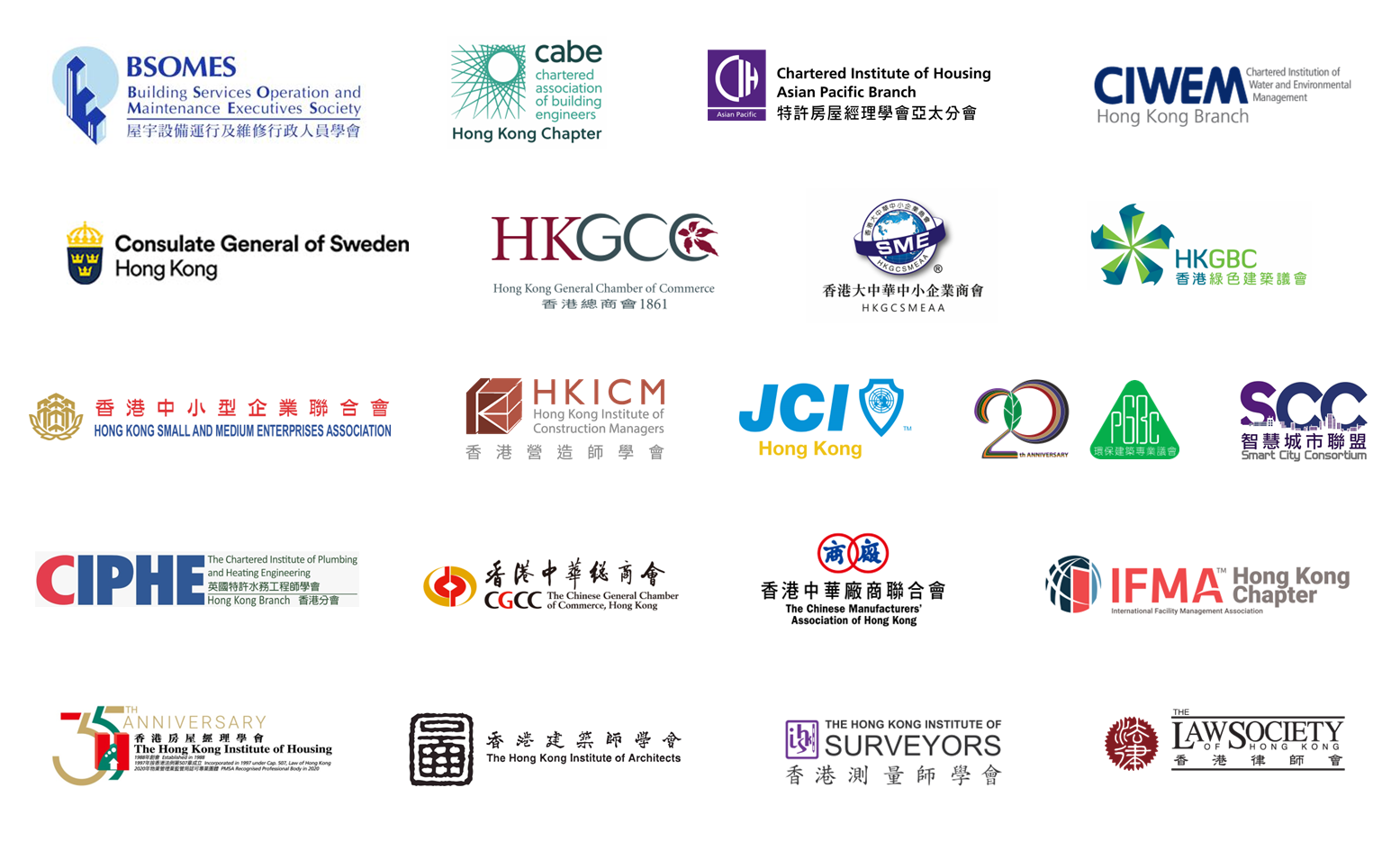While countries have pledged net zero by mid-century, scientific evidence informs us that global greenhouse gas emissions and temperature trajectory continue to rise, and almost every region of the world is experiencing unprecedented adverse climate impacts. Transition must happen at all levels from national to local governments, financial markets, the private sector and individuals. At corporate level, climate-related standards and tools are emerging, more responsible companies are setting and validating science-aligned targets and action plans. However, the bigger question is how we can ensure just and systematic transition would take place in the next 20-30 years with adequate financing and without disruption.
According to OECD’s guidance on transition finance released in 2022, a corporate transition plan is generally understood as a time-bound, crosscutting action plan that clearly sets out how a company intends to achieve its transition strategy (including targets, actions, progress and accountability mechanisms) and reach its goal to transform its business model, operations, assets and relationships towards low-emission, climate-resilient pathways that are aligned with the goals of the Paris Agreement. Climate finance should be directed to parties with credible transition plans, and transition plans can only be successful with innovative climate solutions in real economy. In this Conference, we:
- discussed how financial institutions and corporates understand transition plans and financing;
- showcased real economy climate solutions that lead to significant emission reductions;
- facilitated exchange between participants in financial markets and real economy sectors.












